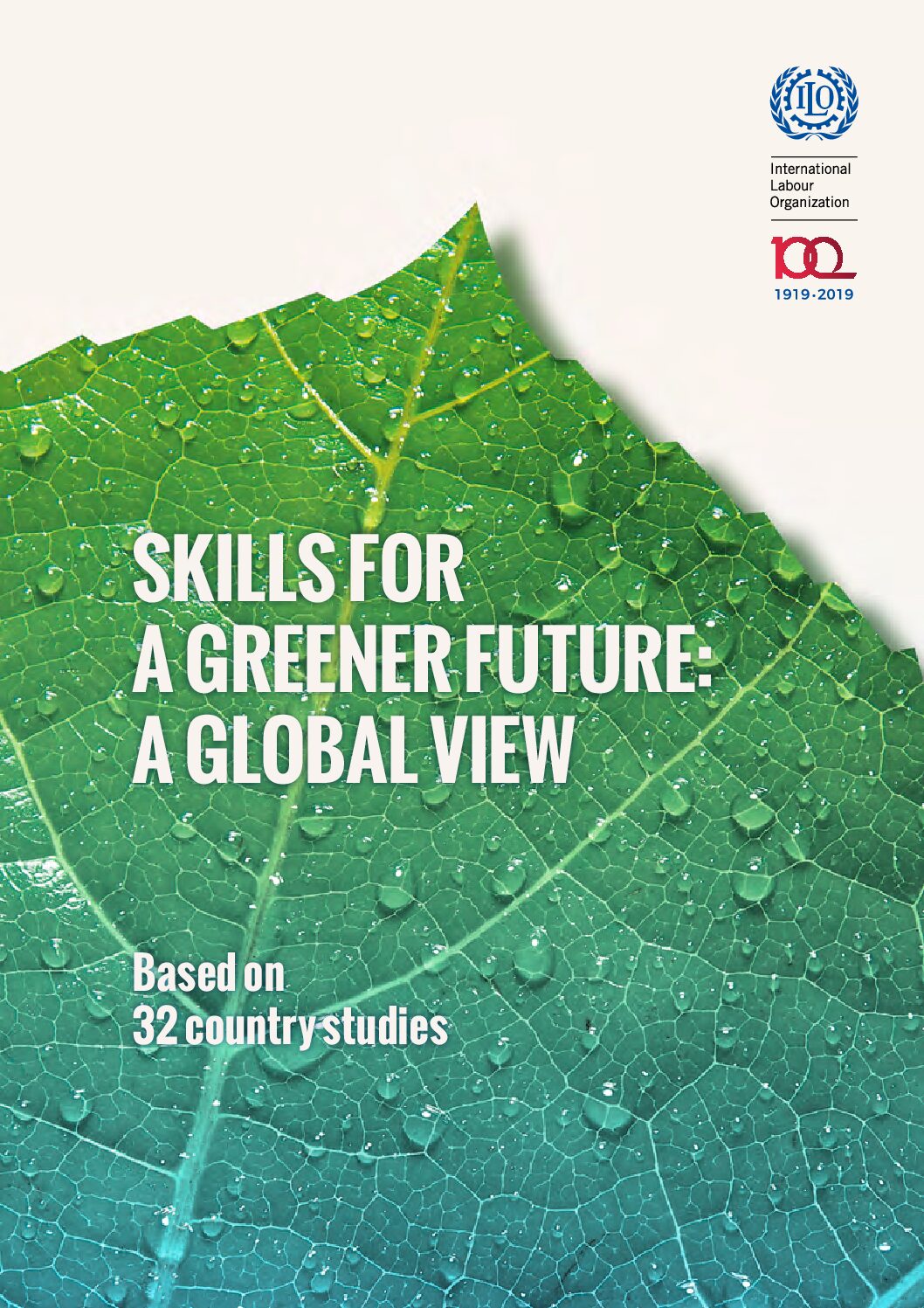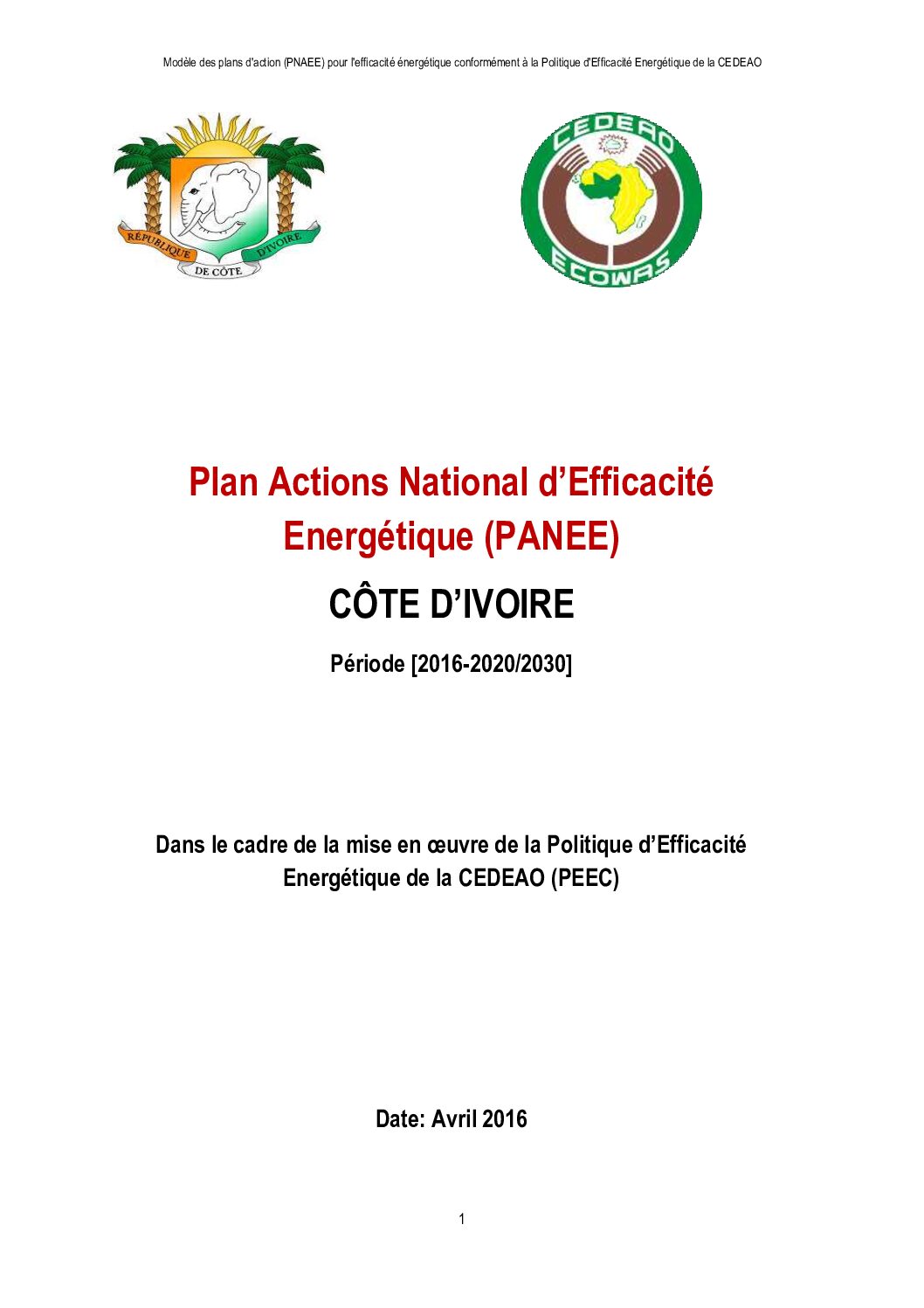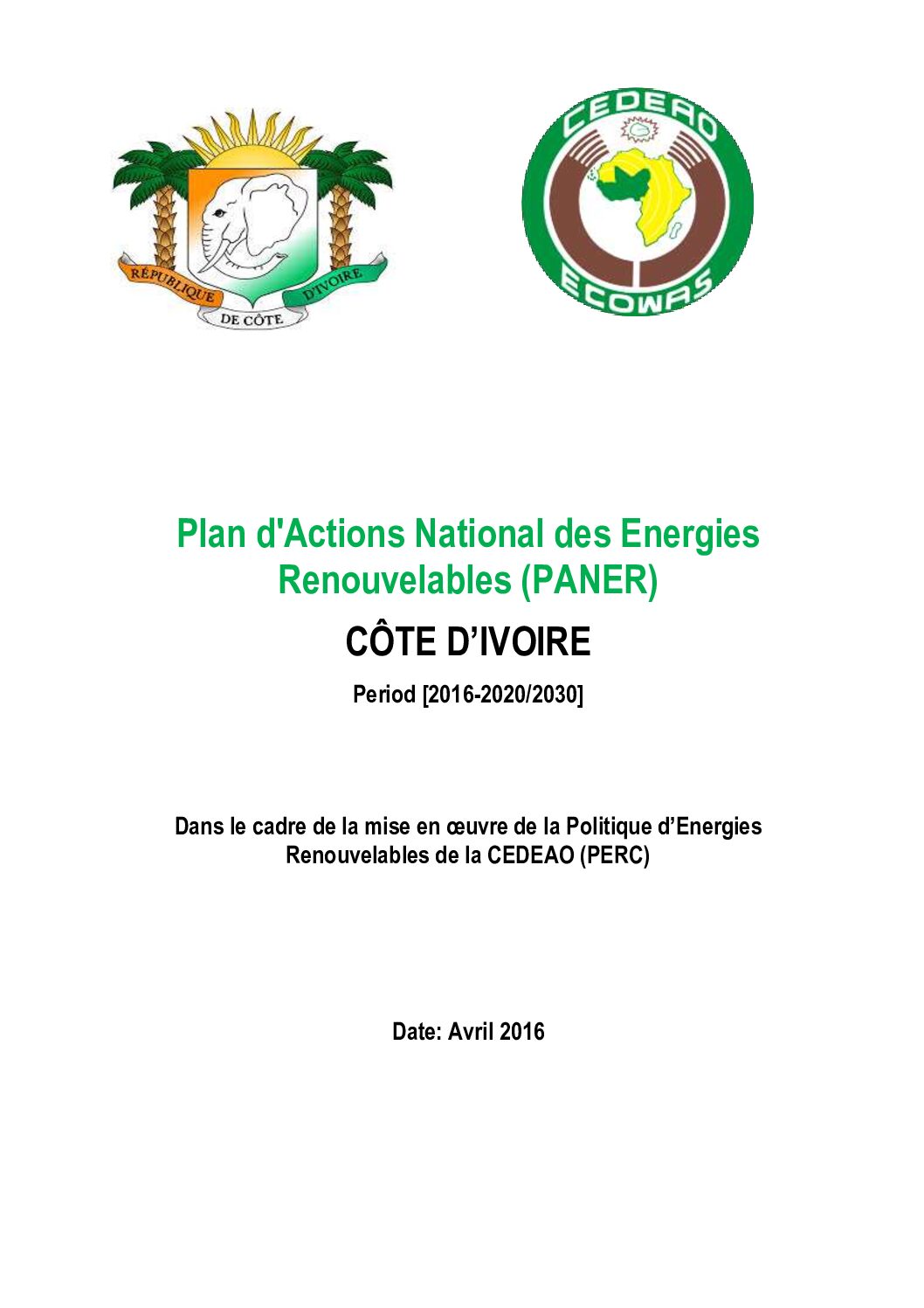This web page provides an overview of the energy sector of Uganda, including data on the energy mix, energy use and emissions; and a policy overview.
This web page provides an overview of the energy sector of Zambia, including data on the energy mix, energy use and emissions; and a policy overview.
This brief provides a high-level overview of the status of Zambia’s off-grid solar markets, as well as relevant policies and programs.
This brief provides a high-level overview of the status of Madagascar’s off-grid solar markets, as well as relevant policies and programs.
This brief provides a high-level overview of the status of Côte d’Ivoire’s off-grid solar markets, as well as relevant policies and programs.
This brief provides a high-level overview of the status of Uganda’s off-grid solar markets, as well as relevant policies and programs.
This report aims to assess: the scale of the need for reskilling and upskilling to realize the employment potential of the transition to environmental sustainability (the “green transition”); changes in occupations, skills gaps and skills shortages in meeting the skills demand of the green transition; progress made since 2011 in the countries surveyed then in […]
This action plan, developed with support from ECREEE, lays out the bioenergy strategy of Côte d’Ivoire for 2021-2030. It includes an extensive background and context section, as well as strategic priorities and measures to promote these.
This action plan, developed with support from ECREEE, lays out the energy effiency strategy of Côte d’Ivoire for 2016-2020/2030. It includes extensive information on the context and relevant actors, as well as strategic priorities and measures to promote these.
This action plan, developed with support from ECREEE, lays out the renewable energy strategy of Côte d’Ivoire for 2016-2020/2030. It includes information on strategic priorities and measures to promote these.




